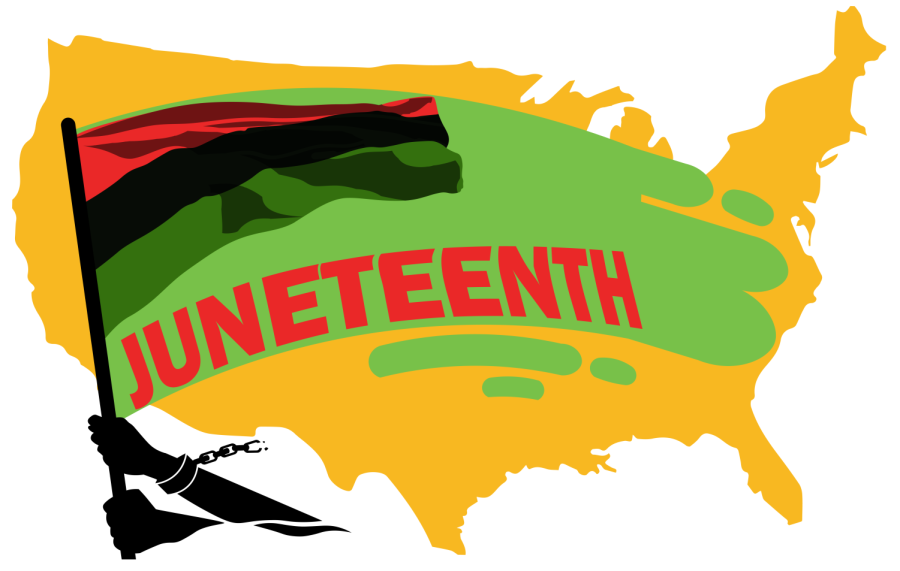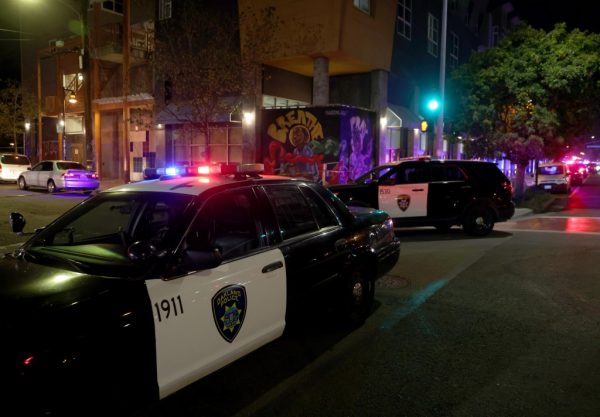Juneteenth: A Reminder of the Freedom We Have, and the Freedom We Have Yet to Obtain
Juneteenth, in many ways, represents how freedom and justice in the U.S. have always been delayed for Black people. On Juneteenth, we celebrate the Emancipation Proclamation, which declared freedom for more than three million slaves living in the Confederate States. However, more than two years would pass before the news reached African Americans living in Texas.
When Union soldiers arrived in Galveston, Texas on June 19, 1865, the state’s still enslaved residents learned that slavery had been abolished. Subsequently, more than 250,000 enslaved Black people in the state were set free under the Thirteenth Amendment, over two years after the proclamation.
Although it is clear that progress has been made for Black Americans in recent years, ethnic burdens and responsibilities continue to be placed on people of color, particularly in the workplace. Much like the news that broke over two years after the initial Emancipation Proclamation in Texas, the speed at which we obtain ethnic equality in the workplace is often delayed.
In efforts to maintain inclusivity, employers often place additional responsibilities and duties on faculty of color, disproportionately increasing their workload. In the employer’s eyes, their race-related individuality makes for the ideal candidate to participate in programs or committees centered around ethnic diversity, otherwise known as cultural taxation.
Marc Strong, a California State University, East Bay pre-admissions counselor said, “I know for me personally, [cultural taxation in the workplace] happens.” This phenomenon, sometimes unconscious and sometimes not, increases the workload for people of color, in ways that their White coworkers would not tolerate. In the United States, Black academics account for 6% of all faculty members, yet Black people represent 13% of the population. The most common ethnicity of College Professors is White (69.4%), followed by Asian (10.9%) and Hispanic or Latino (9.8%).
“I’ve been asked to serve and participate on committees for events that have an African American theme or needed to be represented by someone in the community, even when it may not be in my area of expertise.” Strong continued.
“Whether it’s hiring committees, in need of diversity, or a male presence needed on an African American-themed program, sometimes the job fits my regular duties as an employee, other times, it is certain they’re searching for someone from the community to represent,” Strong concluded.
The concept of cultural taxation is something that many people of color endure on a day-to-day basis. Much like Juneteenth, it’s a reminder that these burdens, both past, and present, continue to hinder the progression of ethnic equality in the U.S.
In saying so, it is important to address the progress that has been made in recent years. In 2021, Juneteenth was officially recognized as a federal holiday by President Joe Biden. Although Juneteenth has long been celebrated in the African American community, this monumental event remains largely unknown to most Americans.
For some, this day is about heading to the nearest festival, eating barbecue, dancing, gathering at a cookout, and sipping on red drinks, a tradition that symbolizes perseverance and honors the blood that was shed by African Americans. For others, it’s shopping specifically at Black-owned businesses, sharing history, or resting at home with loved ones.
However you choose to celebrate, let it stand as a reminder of the freedom we have and the freedom we have yet to obtain.
For more information on recognizing and managing the stress of cultural taxation in the workplace, please visit.












